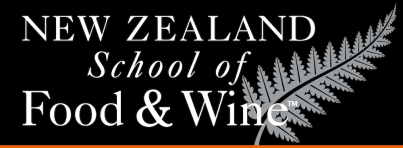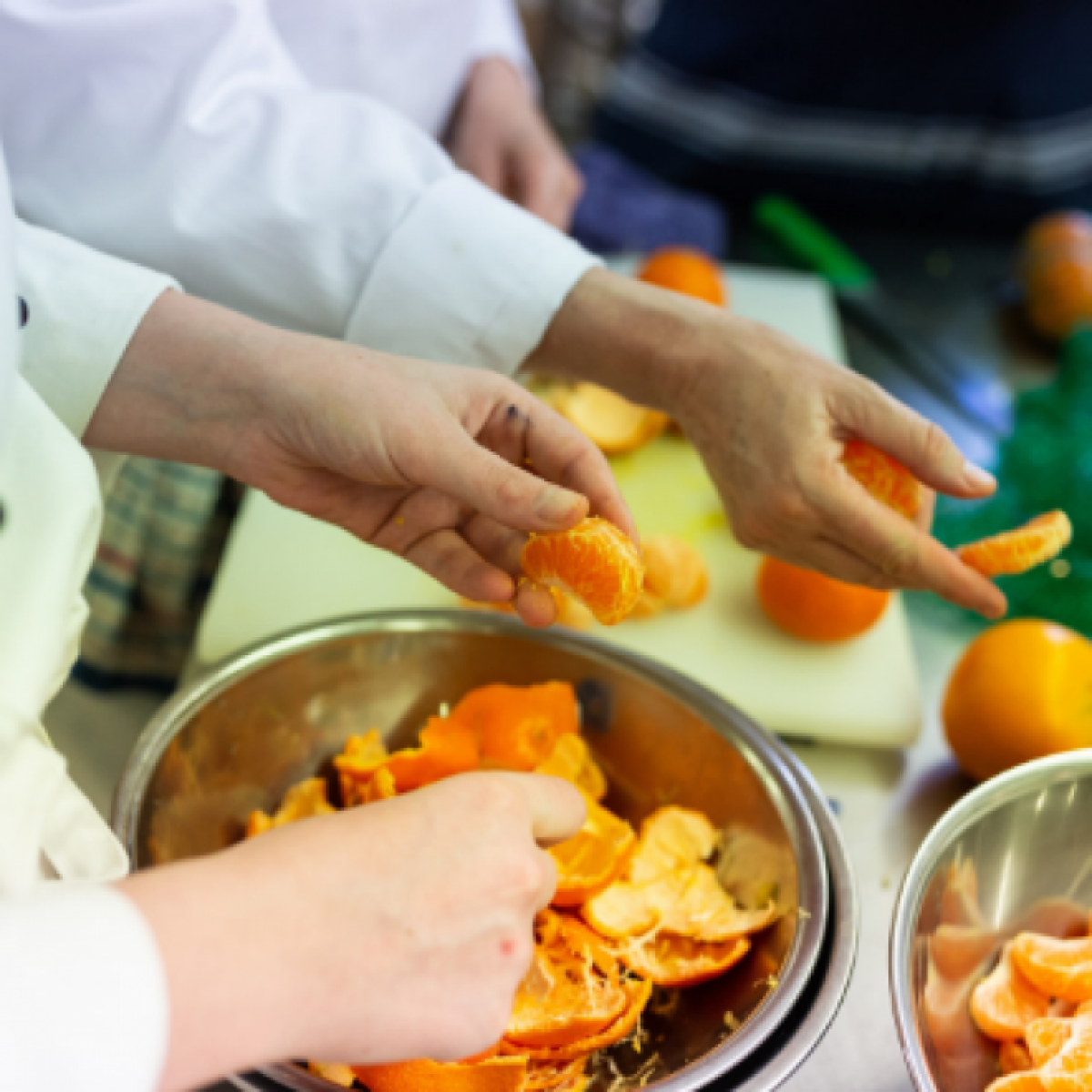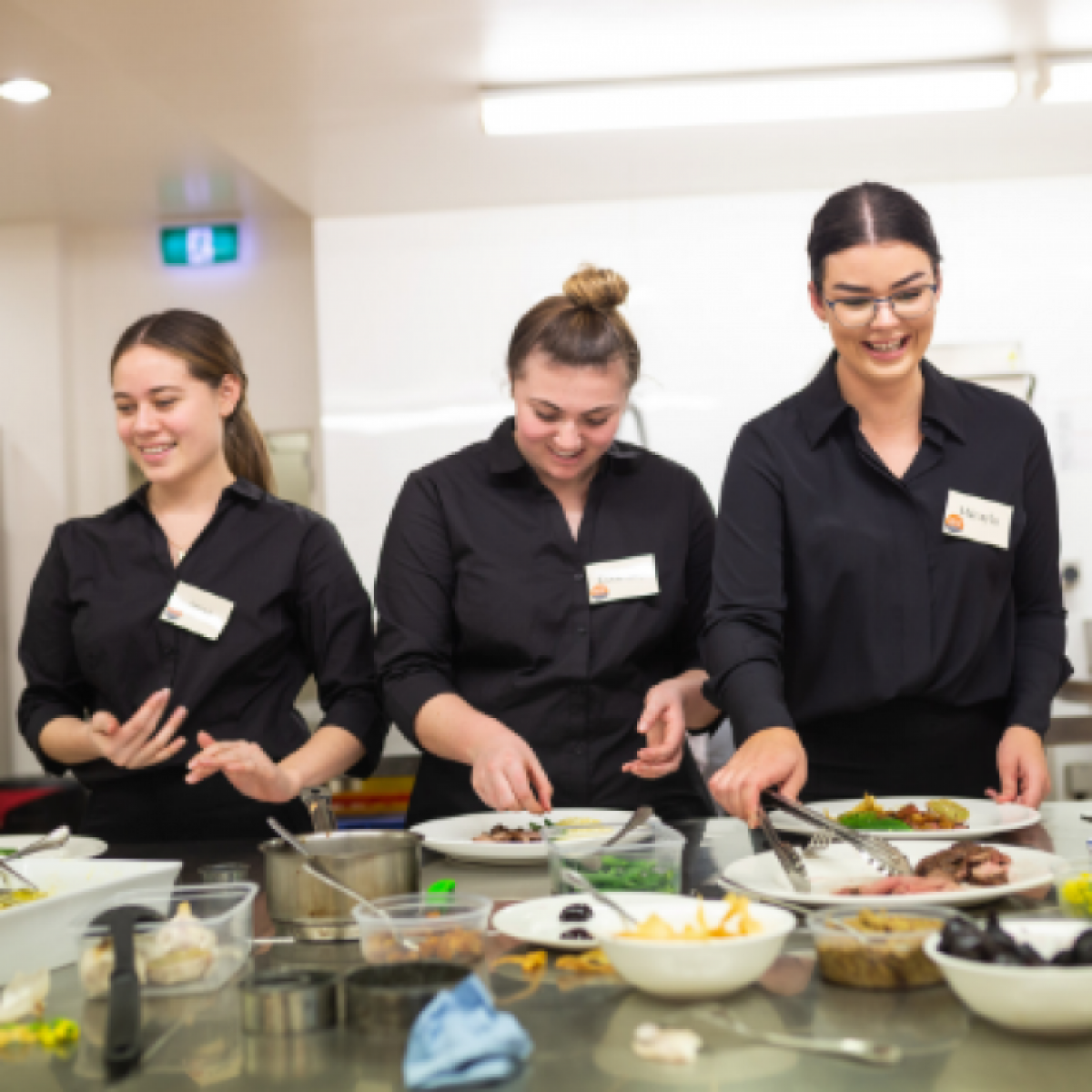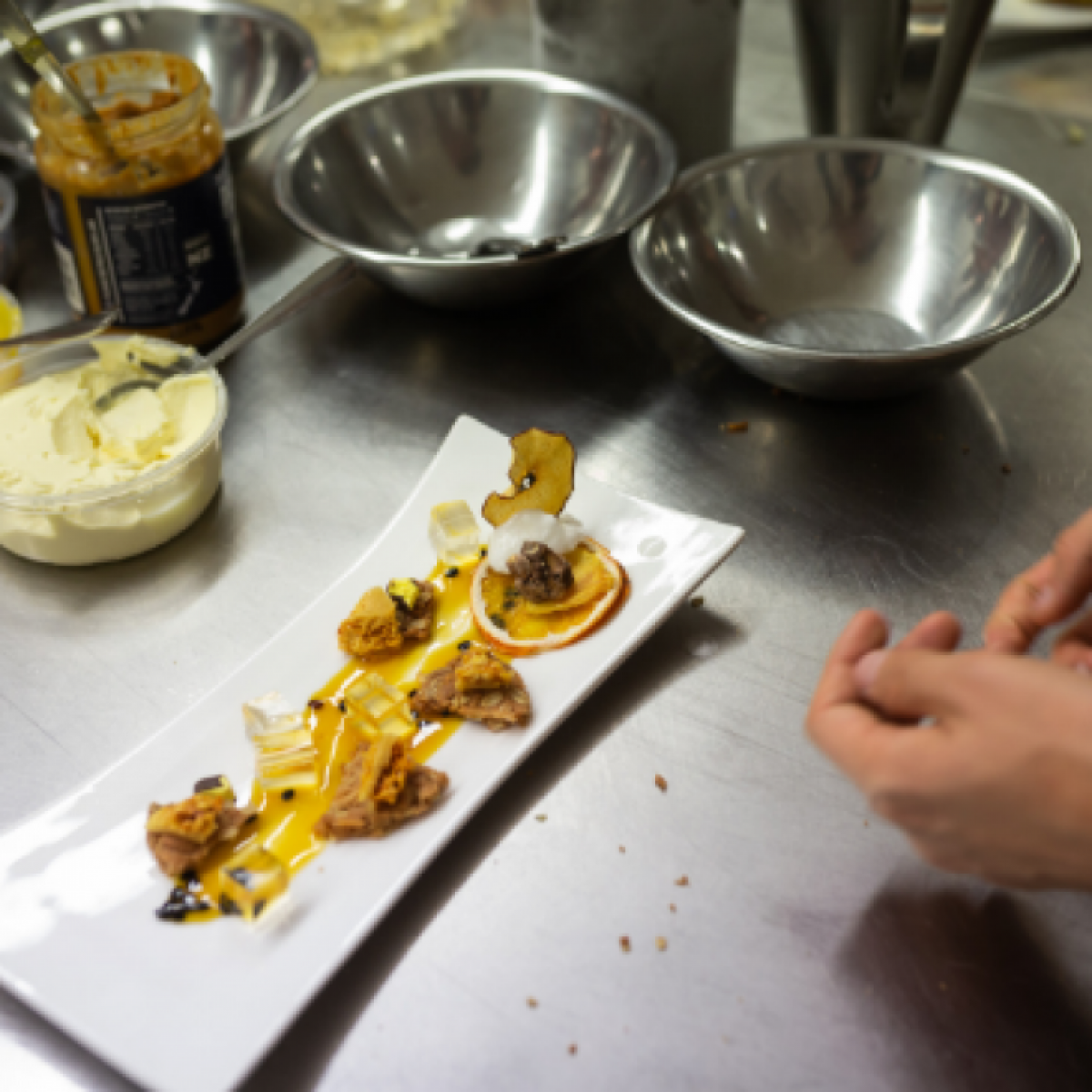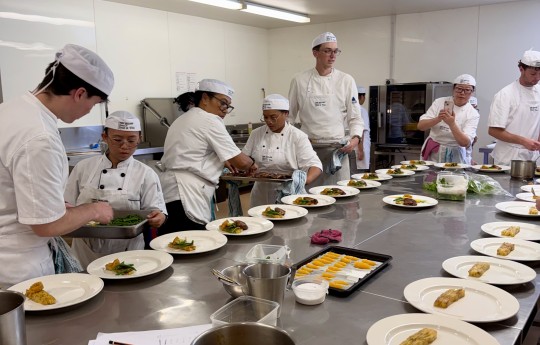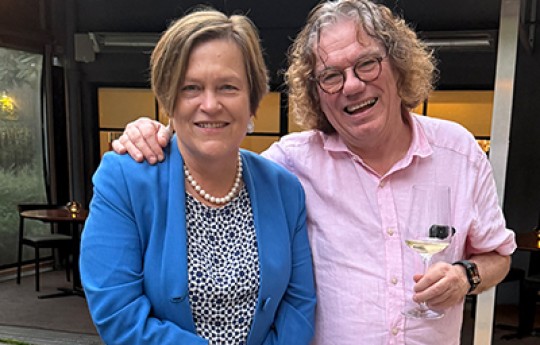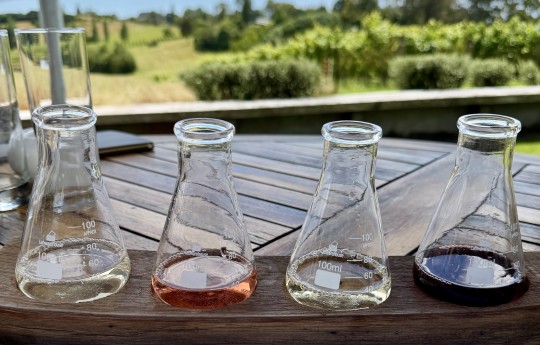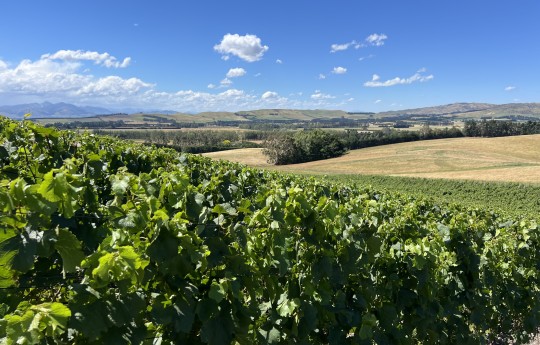Frequently Asked Questions
Food Safety
-
Do I need to attend the online class?
Yes, it is an NZQA requirement to attend the online class for the entire scheduled duration. We will be checking your attendance.
Enrolment
-
IS THE NEW ZEALAND SCHOOL OF FOOD & WINE A GOVERNMENT APPROVED SCHOOL?
-
I AM UNDER 18 YEARS OF AGE, CAN I STUDY AT NZSFW?
Yes, if you are a New Zealand citizen you may enrol in most programmes when you are 17 years of age but international students must be 18 years of age. For all other programmes and courses you must be 18 years of age unless a special exemption has been granted.
-
HOW MANY STUDENTS WILL BE IN MY CLASS?
Cookery classes have a maximum of 16 - 20 students although on some occasions two classes may join together for theory or to listen to a guest speaker. Professional Wine classes have a maximum of 16 students.
-
ARE THERE ANY LOANS, ALLOWANCES OR SCHOLARSHIPS AVAILABLE TO HELP ME WITH MY FEES?
Yes, New Zealand students are eligible to apply to the New Zealand government loans and allowances scheme through Studylink. Click here to find out more.
International students are not eligible for any New Zealand government financial support.
-
WHAT ARE THE FEES FOR THE PROGRAMMES?
All fees are listed on the individual course pages to which they relate. New Zealand domestic students are eligible for a New Zealand Government subsidy. This is why there are different rates from New Zealand and international students in programmes longer than 12 weeks.
-
HOW EASY WILL IT BE FOR ME TO GET A JOB AFTER I FINISH THE QUALIFICATION?
NZSFW has an excellent relationship with many local hospitality employers. If you have successfully passed your course you should have no difficulty finding a position in the hospitality sector that requires high quality graduates.
-
WHO CAN HELP ME WITH A PROBLEM DURING MY STUDIES?
We pride ourselves on our pastoral care and support of all students. As a small school we provide a family like environment and all staff are keen to support and care for our students.
Follow this link to find a healthcare professional.
-
CAN YOU HELP ME FIND A PLACE TO LIVE?
Yes, we can provide you with information about finding your own place to live nearby in apartment living accommodation. Please view the accomodation page here.
-
CAN I WORK PART-TIME WHILE I AM STUDYING?
If you are a New Zealand resident you may work part-time during your studies. If you are an international student you may be eligible to work up to 20 hours per week while studying but this will depend on your specific visa conditions.
-
CAN I WORK IN NEW ZEALAND AFTER I HAVE COMPLETED MY STUDIES IF I AM AN INTERNATIONAL STUDENT?
All programmes at Level 6 or below are not eligible for the post study work visa. However, you may apply for the accredited employer work visa which will require sponsorship by an empolyer. Click here for the full conditions.
-
I AM AN INTERNATIONAL STUDENT APPLYING FOR A PROGRAMME OF 3 MONTHS OR MORE - DO I NEED A VISA?
Yes, you need a student visa for all courses more than 12 weeks in duration. This is obtained from New Zealand Immigration. You can apply from your home country before arriving in New Zealand and should allow at least 3 months for the visa application process.
A student visa allows you to study full-time in New Zealand for a limited period of time. See www.immigration.govt.nz
-
I AM AN INTERNATIONAL VISITOR OR STUDENT APPLYING FOR A 2 WEEK COURSE - DO I NEED A STUDENT VISA?
No, you do not need a student visa because the course is less than 12 weeks. A visitor's visa is acceptable or any other temporary visa. If you are attending any programme study, please make sure that you can understand and communicate in English. We recommend the equivalent level of IELTS 5.
-
LEARNING TO BUDGET WHILE STUDYING?
Look at this website for some helpful information.
-
KEEPING SAFE IN A NEW CITY
New Zealand is a relatively safe travel destination but we are not crime free. It is important you take the same precautions to look after yourself and your possessions as you would at home. This advice comes from the New Zealand Police: Keeping Safe. You can also find helpful translations in other languages.
Barista Micro-Credential
-
How do I become a Barista?
We recommend completing a professional barista course, giving you the foundational skills and confidence required to be successful in the role as a barista. Modules include how to make common coffees, perfecting coffee grind, machine maintenance and customer service. These skills will improve your chances of securing an entry level position at a cafe where you will be able to further refine your skills. For those already working in a cafe environment, a course will accelerate your movement into a barista position.
To attend this course, you must be able to speak and understand English. You will be in a class of English speakers.
-
How long does it take to train as a barista?
A professional barista training course will take a week to complete. Following training, we recommend moving into an entry level position to gain work experience and develop your skills for a few months. You will then be well placed to move into a formal barista position.
To attend this course, you must be able to speak and understand English. You will be in a class of English speakers.
LCQ
-
Where is our LCQ Certificate Recognised?
Our qualification is recognised directly by all District Licencing Committees around New Zealand. This means that you do not require any other certification.
-
Do I need to attend the online class?
Yes, it is an NZQA requirement to attend the online class for the entire scheduled duration. We will be checking your attendance.
Barista Part 1
-
Is a barista course worth it?
Professional barista courses will teach you best practice, allowing you to develop skills that are transferable between cafes and employers. On the job training will typically be specific to one cafe or espresso machine type, restricting your future options.
A professional course will provide you with a supportive environment where you can gain confidence and and make mistakes without impacting real customers or your employer. It will consolidate your learning and improve your chances of securing a barista position.
To attend this course, you must be able to speak and understand English. You will be in a class of English speakers.
-
What is the difference between Barista Part 1 + 2 and the Barista Micro-Credential?
The Barista Micro-Credential is a formal course accredited by the New Zealand Government and is subsidised for domestic students. This programme runs over 5 days and contains both theory and practical assessments prior to awarding the certificate.
The Barista Part 1 and 2 programmes cover the same practical skills but deliver a condensed theory component and there is no formal assessment. This programme runs during nights and weekends, offering greater flexibility to students with other commitments.
You must attend Barista Part 2 within 3 months of completing Barista Part 1.
To attend this course, you must be able to speak and understand English. You will be in a class of English speakers.
Cookery
-
How many students in the class?
NZSFW has a maximum of 16 - 20 students in our cookery programmes.
